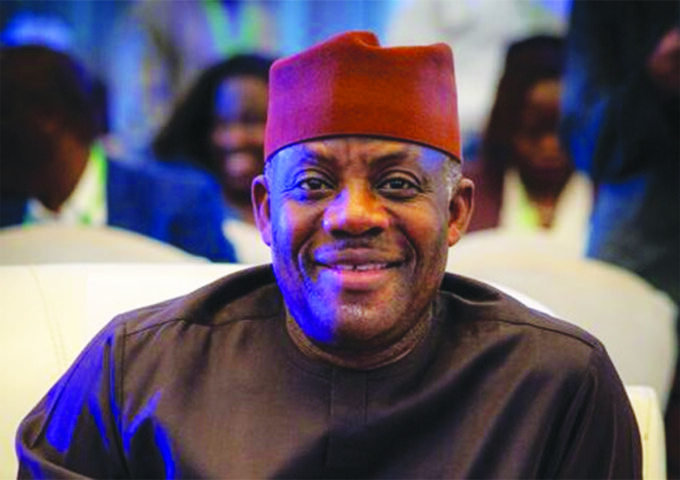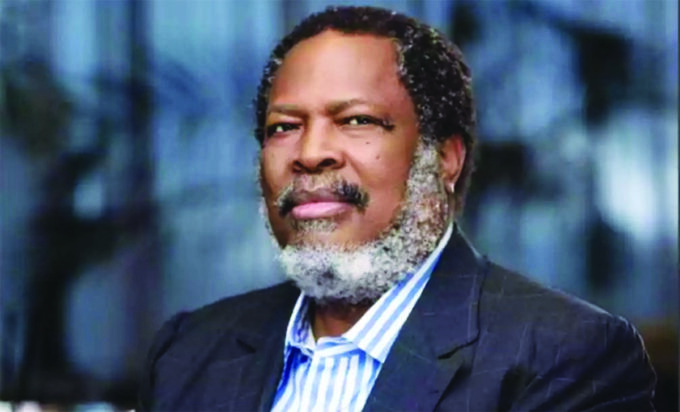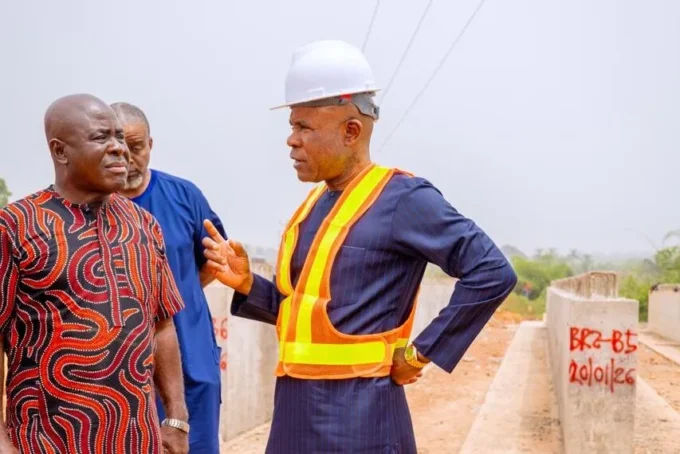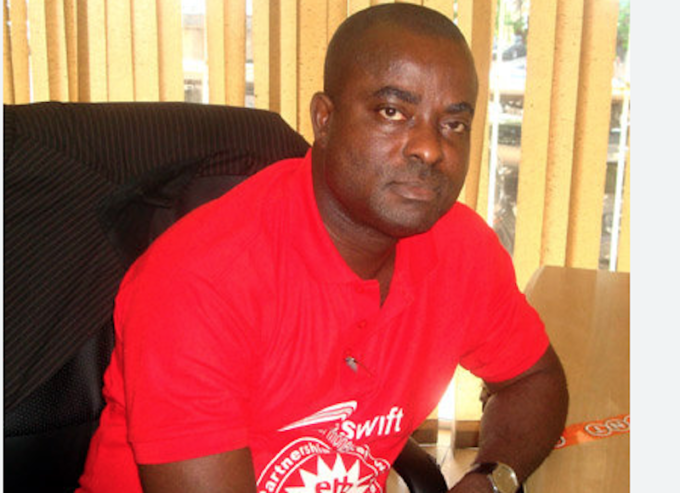The story of Femi Gbajabiamila reads less like a career and more like a melody. From Lagos classrooms to American courtrooms, from Surulere streets to Abuja corridors, his path has moved with rhythm and calculation, each note finding its place in Nigeria’s political symphony.
Today, as Chief of Staff, he is less the soloist and more the conductor. Especially after deeply considering his activities in the last two months, one can only conclude that Gbajabiamila is someone who knows exactly what he is doing, regardless of the face value of said activities.
In Abuja, Gbajabiamila recently rallied northern ex-legislators, urging them to back President Bola Tinubu’s re-election. Unity, he insisted, is the country’s unfinished project. Power rotation, regional equity, and infrastructure across the north were his proof points.
Yet Gbajabiamila does not dismiss dissent. After casting his vote in Lagos, he praised the opposition coalition, describing it as democracy’s necessary counterweight. His scepticism was evident, but so was his conviction that no nation thrives under silence alone. Opposition, in his view, sharpens governance.
His rise was built on years of legislative persistence. Elected in 2003, he became minority leader, later Speaker, and earned respect for his sharp debates and steady loyalty. In 2022, he was decorated as a Commander of the Order of the Federal Republic, a national nod to his staying power.
What stands out, however, is not merely longevity but adaptability. Lawyer, legislator, strategist; he has worn roles with ease, bridging Lagos grit with Abuja polish. Allies call him disciplined, critics call him calculating, but both agree he is indispensable.
And so, in the careful hum of Nigerian politics, Gbajabiamila is the man who steadies the tune. For Tinubu, he is more than Chief of Staff; he is the quiet metronome, ticking, ticking, ticking… until the music crescendos into 2027.
















Leave a comment